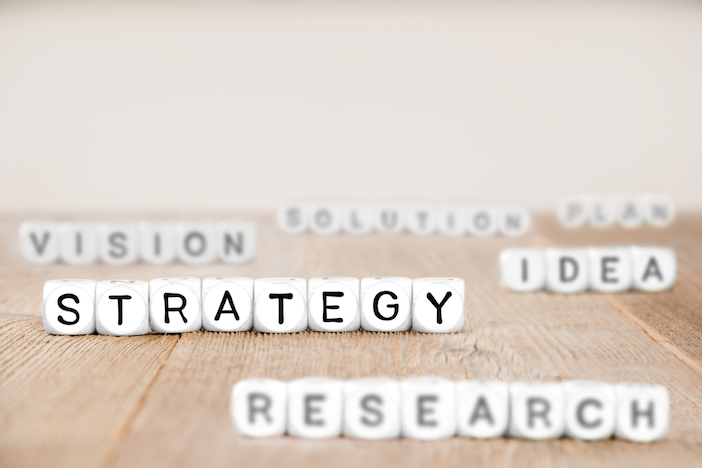“If leaders want to solve rather than just salve big social challenges, they must be humble enough to take a hard look in the mirror and courageous enough to reinvent if they find they’re achieving only incremental gains.” -Mario Morino, Co-Founder and Chairman of Venture Philanthropy Partners and Chairman of the Morino Institute
Are you quantifying how your organization is improving lives and impacting your communities’ complex societal challenges? If not, how do you know if your organization is only contributing to the status quo or is part of the solution? Leaders committed to true impact and excellence view their mission to solve these complex problems. The best way to know if you are on the right track is to create high-performance measurement cultures. Successful leaders are making bold programming and funding decisions based on client outcomes and impact data.
According to the National Center for Charitable Statistics there are approximately 1.5 million nonprofit organizations that receive $1.59 trillion in annual revenues. Despite this abundance of financial resources and human capital devoted to solve our society’s problems, many of our national and local social indicators are remaining stagnant or getting worse. Here are only a few statistics that highlight this point: 8.2% of youth had major depressive episodes in 2012, the dietary quality of children is considerably below recommended levels (America’s Children: Key National Indicators of Well-Being, 2013), and there was only a slight decrease in high school graduation rates over the past three years.
If the entire social sectors’ collective efforts are not changing lives and changing circumstances for the better, or solving these complex societal challenges, what is the impact of that $1.59 trillion? The short answer is no one knows, as the majority of nonprofits are not measuring and therefore cannot clearly communicate their unique impact and value. To change this, more leaders and nonprofit organizations must start to or improve how they measure their impact and use these data to improve effective programming. This can be a daunting task when just getting started, but our research shows that high measurement cultures are possible for any organization, regardless of size or budget. Here are a three steps to help you get started. Remember, “You can only eat an elephant one bite at a time”.
1. Get Clear on Your Desired Medium and Long-Term Outcomes: Before you start to measure anything, it is important that an organization understands conceptually what big changes and results it hopes to achieve. Ask the question: What will our clients’ lives or the community look like if we are 100% successful? What social indicators will be impacted if we achieve this goal?
2. Do Your Research: We live in the information age; use it. Conduct research on your communities’ current indicators surrounding your goals. Many local, state, and federal government organizations have data available on their websites. This is a great project to give to a college intern, who has access to university libraries and internet databases. This will help link your organization’s outcome measures with measures that are relevant to larger community problems.
3. Define and set bold long-term organizational goals: These goals should be measureable and aligned with your desired organizational outcomes. They should be focused on the changes experienced by your clients and communities. Many organizations make the mistake of only focusing on internal goals such as increased clients or revenues. These are important, but only if the first objective is to change circumstances and lives. Bold, life-changing goals will propel your organization’s activities and decision-making towards achieving true impact for your clients and communities.
Isn’t it time we reverse negative social sector trends for good and stand for true impact and excellence? If you are ready to change the world by achieving true results for your clients and community, Measurement Resources is here to help! Check out our Quick Start Performance Measurement Program or Contact us today for your free 20-minute strategy session to discuss how your organization will tackle complex societal challenges
Want more information on how to increase funding, morale, positive press, and organizational impact? Join the Achieving Excellence Community and receive our free eBook, Ten Tips to Open the Door to More Grants (and Other Funding): Overcoming Common Mistakes of Outcomes Measurement.
Sheri Chaney Jones, President
Measurement Resources Company
September 2013





